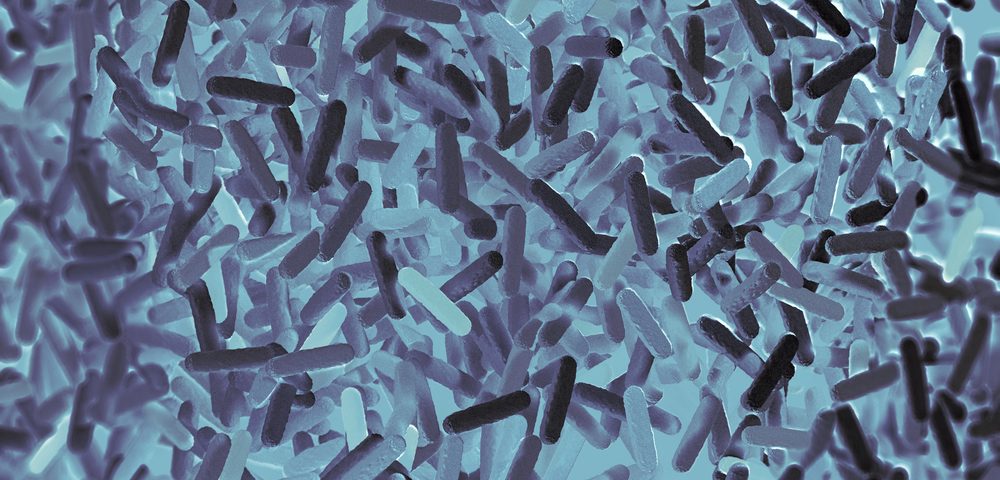Bacteria naturally present in our gut may be central for reversing inflammation detected in gut inflammatory diseases, such as inflammatory bowel disease (IBD).
That finding was reported in the study “NLRP12 attenuates colon inflammation by maintaining colonic microbial diversity and promoting protective commensal bacterial growth,” which was published in the journal Nature Immunology.
Researchers at the UNC Lineberger Comprehensive Cancer Center discovered that human patients suffering from ulcerative colitis, one of the most common types of IBD, carry significant lower levels of a protein called NLRP12.
“At this point we have limited treatment options and no cure for people with inflammatory bowel disease,” Justin E. Wilson, PhD, research assistant professor in the UNC School of Medicine Department of Genetics, said in a press release. Wilson also is the study’s co-first author. “These diseases can be really difficult, impacting patients’ quality of life and their finances. We suggest a possible simple fix for people who have a specific disease signature,” he said.
NLRP12 is known for its inhibitory role of inflammation. In the study, mice genetically engineered to lack NLRP12 showed increased levels of basal inflammation in the colon. In fact, this increase in inflammation resulted in an imbalance of the natural, beneficial community of microbes living in the gut – the microbiome.
Loss of microbiome diversity reduced the protective role of a lot of these natural bacteria (such as bacteria belonging to the family Lachnospiraceae) and gave rise to an increase of more harmful ones (colitogenic, i.e., more prone to cause inflammation in the colon), particularly those from the Erysipelotrichaceae family.
“What we found was that these mice not only were missing NLRP12, but they had a completely different composition of bacteria in their gut, and that composition is more pro-inflammatory,” Wilson explained.
“NLRP12 is a checkpoint for the immune system — it checks the level of inflammation,” said Liang Chen, study co-first author. “If you’re missing that, then you have excessive colon inflammation, and it contributes to disease. But it’s not just the absence of NLRP12, it’s also the interaction of this protein with the gut bacteria.”
Notably, researchers found that loss of microbiome diversity (known as dysbiosis) and susceptibility to inflammation in the mice deficient in Nlrp12 were reversed by adding back the beneficial bacteria from the Lachnospiraceae family.
Overall, these results show that NLRP12 can promote specific bacteria that can reverse gut inflammation, which can lead to potential novel therapies for IBD.
“You can target the inflammation that’s downstream of NLRP12 with anti-inflammatory drugs, or you could just feed the animals specific bacteria that are benefit, and it causes a shift that made them less susceptible to disease,” Wilson said. “We could potentially screen people for reduced expression of NLRP12, or who have this bacterial signature. Could this be a relatively simple fix for people who have this signature of the disease? At least, it appears to be the case in animals,” he said.

